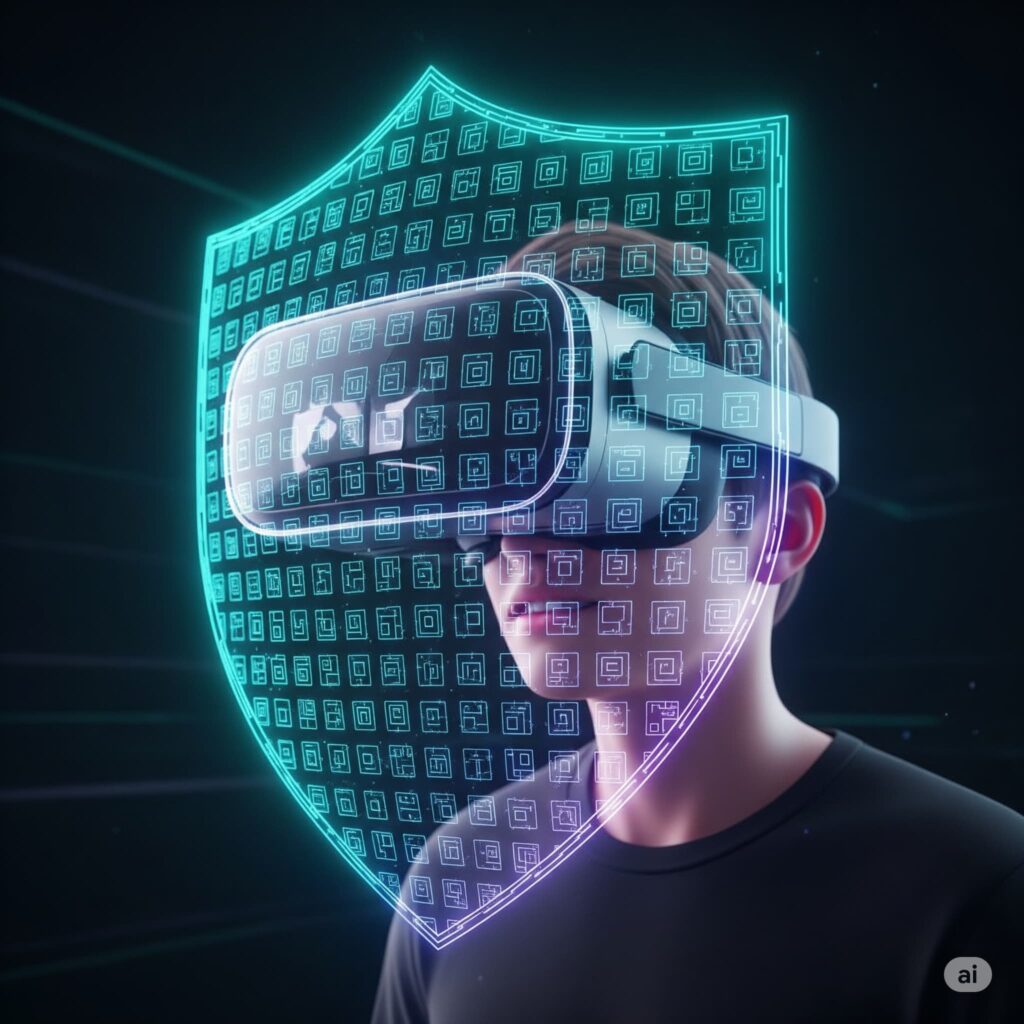
The metaverse, a persistent, shared, 3D virtual world, is rapidly evolving from science fiction to reality. While exciting possibilities abound, the true potential of the metaverse hinges on solving critical issues of ownership, security, and interoperability. This is where blockchain technology steps in, offering a revolutionary approach to building a more equitable, secure, and interconnected virtual world.
Understanding the Metaverse and its Challenges
The metaverse isn’t just about gaming; it encompasses a wide range of applications, from virtual meetings and concerts to immersive education and digital commerce. Imagine a world where you can attend a concert with friends from across the globe, buy and sell virtual real estate, or even work remotely in a fully immersive office environment. However, several significant challenges hinder the metaverse’s full potential:
- Data Silos: Currently, different metaverse platforms operate in isolation, preventing seamless interaction between them.
- Centralized Control: Many platforms are controlled by single entities, raising concerns about data privacy and censorship.
- Lack of Ownership: Users often lack true ownership of their digital assets, leaving them vulnerable to platform decisions.
- Security Risks: Centralized systems are susceptible to hacking and data breaches, potentially leading to significant losses.
Blockchain: The Foundation for a Decentralized Metaverse
Blockchain technology, best known for its role in cryptocurrencies, offers a compelling solution to these challenges. Its decentralized, transparent, and secure nature provides the ideal foundation for building a more robust and equitable metaverse. Here’s how:
1. Decentralized Identity and Ownership
Blockchain enables the creation of decentralized identities (DID), giving users complete control over their data and digital assets. This means users truly own their avatars, virtual land, and other digital possessions, free from the control of a central authority. This ownership is verifiable and immutable, recorded on the blockchain for all to see.
2. Secure and Transparent Transactions
Smart contracts, self-executing contracts with the terms of the agreement directly written into code, facilitate secure and transparent transactions within the metaverse. These contracts automate processes such as buying and selling virtual assets, ensuring fairness and eliminating the need for intermediaries.
3. Interoperability and Seamless Experiences
Blockchain’s decentralized nature allows different metaverse platforms to connect and interoperate. This means users can seamlessly move their avatars, assets, and data between different platforms, creating a more unified and immersive experience. Imagine seamlessly transitioning from one virtual world to another, carrying your digital possessions with you.
4. Enhanced Security and Data Privacy
By distributing data across a network of nodes, blockchain enhances security and reduces the risk of single points of failure. This makes the metaverse less susceptible to hacking and data breaches, protecting users’ valuable digital assets and personal information.
Specific Blockchain Applications in the Metaverse
Several specific applications highlight blockchain’s transformative power in the metaverse:
- Non-Fungible Tokens (NFTs): NFTs, unique digital assets verified on a blockchain, are revolutionizing digital ownership in the metaverse. They allow users to own unique virtual items like clothing, artwork, or even virtual real estate.
- Decentralized Autonomous Organizations (DAOs): DAOs, community-governed organizations operating on blockchain, allow users to participate in the governance of metaverse platforms. This fosters greater transparency and community ownership.
- Play-to-Earn Games: Blockchain-based games allow users to earn cryptocurrency by playing, creating new economic opportunities within the metaverse.
The Future of the Metaverse: A Blockchain-Powered Vision
The integration of blockchain technology is not merely an enhancement; it is fundamental to the future of the metaverse. A blockchain-powered metaverse promises:
- Increased User Ownership and Control: Users will have greater autonomy over their digital identities and assets.
- Enhanced Security and Privacy: The decentralized nature of blockchain significantly improves security and protects user data.
- Greater Interoperability and Seamless Experiences: Users can seamlessly move between different metaverse platforms.
- New Economic Opportunities: Blockchain creates new opportunities for creators, users, and developers.
While challenges remain in scaling blockchain technology to support the demands of a mass-market metaverse, the potential benefits are undeniable. As blockchain technology continues to mature and evolve, we can expect to see an increasingly decentralized, secure, and interconnected virtual world, offering unprecedented opportunities for creativity, collaboration, and economic activity. The metaverse is not just a technological advancement; it’s a societal shift, and blockchain is playing a crucial role in shaping its future.